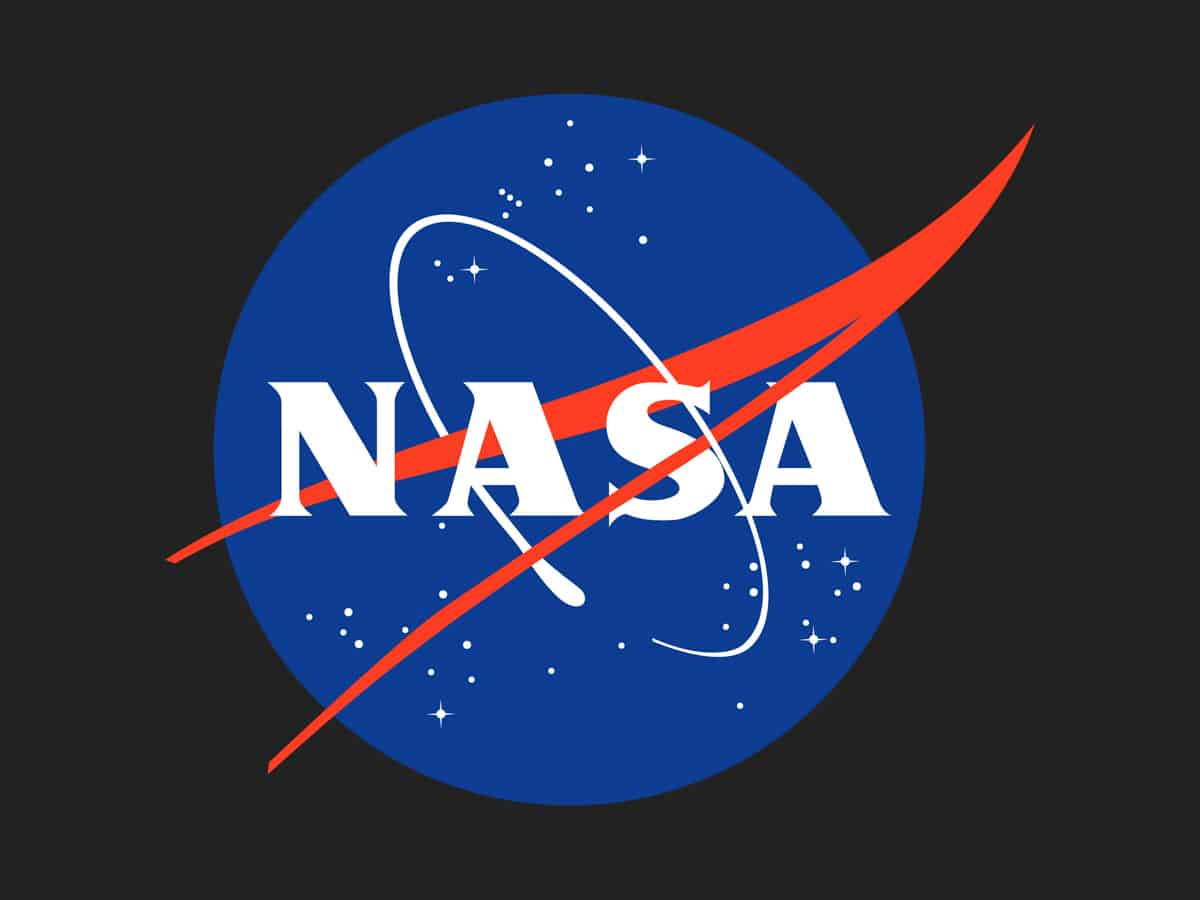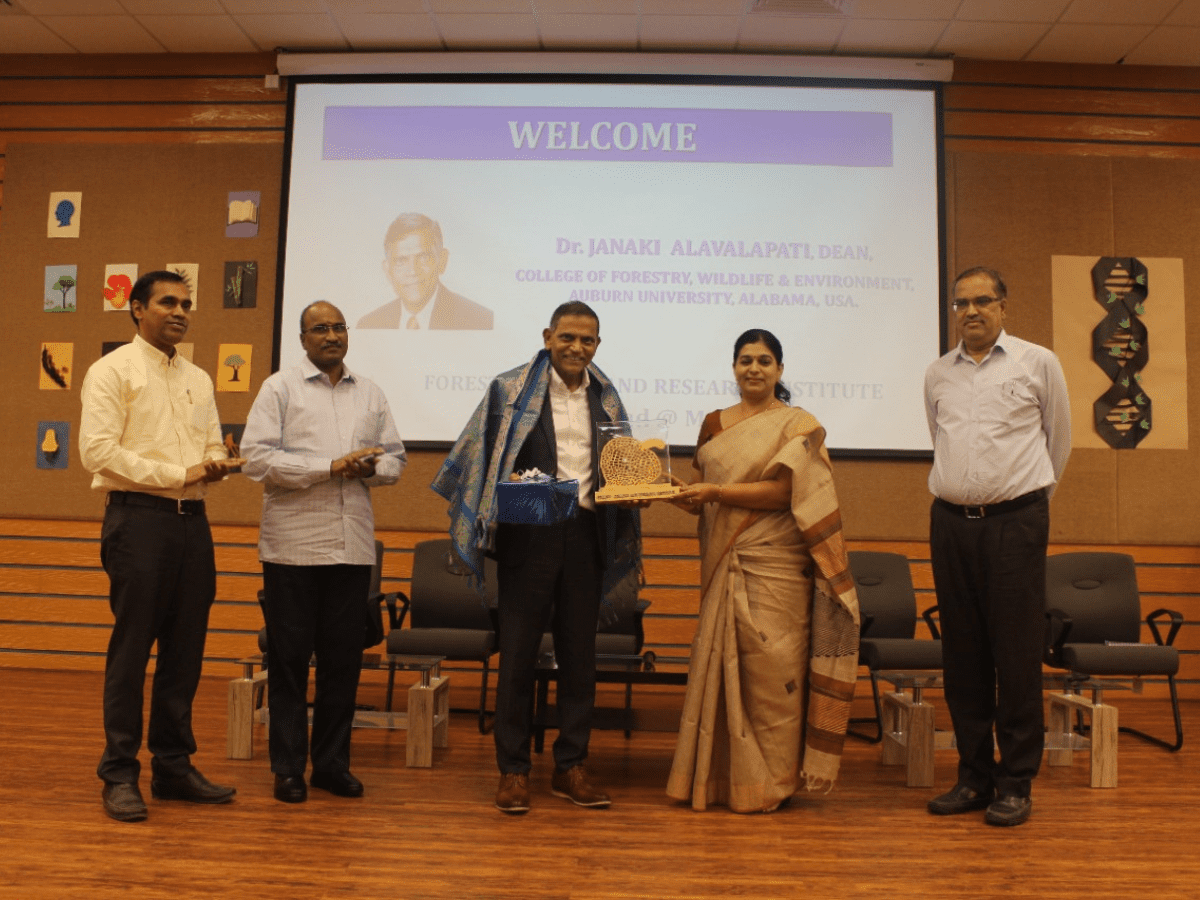New Delhi: The Supreme Court on Tuesday said that a state legislature has no legislative competence to enact a law in respect of modern medicine or allopathic medicine, contrary to the standards that have been determined by the central law.
It emphasised that policies for enhancing access to rural healthcare must not “short-change” the citizens residing in rural areas or subject them to direct or indirect forms of unfair discrimination on the basis of their place of birth or residence.
A bench of Justices B.R. Gavai and B.V. Nagarathna said: “Any variation between the standards of qualification required for medical practitioners who render services in rural areas qua the medical practitioners rendering services in urban or metropolitan areas must prescribe to constitutional values of substantive equality and non-discrimination.”
It said that deciding the particular qualifications for medical practitioners practising in disparate areas and in disparate fields, providing different levels of primary, secondary or tertiary medical services, is within the mandate of expert and statutory authorities entrusted with the mandate by the Parliament.
Justice Nagarathna, who authored the judgment on behalf of the bench, said while the state has every right to devise policies for public health and medical education, with due regard to peculiar social and financial considerations, these policies ought not to cause unfair disadvantage to any class of citizens.
“The citizens residing in rural areas have an equal right to access healthcare services, by duly qualified staff. Policies for enhancing access to rural healthcare must not short-change the citizens residing in rural areas or subject them to direct or indirect forms of unfair discrimination on the basis of their place of birth or residence,” said the bench, in its 139-page judgment.
The top court’s judgment came on an appeal against the Gauhati High Court order, struck down the Assam Rural Health Regulatory Authority Act, 2004, on the ground that it was ultra vires the Indian Medical Council Act, 1956 as well as unconstitutional.
The top court said: “We hold that decision of the Gauhati High Court holding that the Assam Act to be null and void, is just and proper”.
It added that in view of the Indian Medical Council Act, 1956 and the Rules and Regulations made thereunder, the Assam Act is declared to be null and void.
The Assam government had introduced a three-year diploma course to address the issue of the shortage of qualified medical professionals by producing a cadre of doctors allowed to practice modern medicine, to a very limited extent.
The Indian Medical Association (IMA), the main respondent in the case, had argued that the Assam Act discriminates between patients living in rural areas and those living in urban areas, implying that the persons who live in urban areas are entitled to standard treatment and those who live in rural areas are entitled to sub-standard treatment.
“There are more than 2,244 MBBS doctors working in the rural areas of Assam; even if there is a shortfall of doctors in the rural areas and the Assam Act aims to remedy the shortfall, the solution lies in increasing their coverage via permissible means and not otherwise,” it had submitted.
The Assam government did not challenge the judgment passed by the high court, which struck down the Assam Act and only private individuals were appellants before the apex court. Assam enacted a subsequent legislation and has tried to accommodate the ousted diploma holders in different capacities.
Dismissing the appeals, the top court said: “The subsequent legislation, namely, the Assam Act of 2015 i.e., the Assam Community Professionals (Registration and Competency) Act, 2015, enacted pursuant to the judgment of the Gauhati High Court, is a valid piece of Legislation as it has removed the basis of the impugned judgment passed by the Gauhati High Court. The 2015 Act is also not in conflict with the IMC Act, 1956, hence, by a separate legislation the Community Health Professionals have been permitted to practise as such professionals. The said legislation of 2015 is not in conflict with IMC, Act, 1956 and the rules and regulations made thereunder.”











